Just By Happenstance
William happened to hurt his leg, and it unraveled a series of health obstacles. Now, he's back to playing golf and spending time with his family and friends.
Our cardio-oncologists focus on preventing, monitoring and treating cardiovascular problems in cancer patients and survivors.
Cardio-oncology is an emerging specialty where a team of cardiologists (cardiovascular specialists) collaborate with oncologists in providing the most effective cancer treatment while minimizing acute and chronic cardiovascular side effects. Heart disease and cancer are the top two causes of death in the United States, and recent research indicates that the risk of developing heart disease is much higher in cancer patients than in the general population.
The advances in cancer care in recent decades have increased life expectancy for many survivors. However, the same treatments that have helped many live longer, fuller lives may also increase the risk of developing new heart conditions either during or after cancer treatment. In addition, some people with newly diagnosed cancer may have existing heart problems that need to be managed while undergoing cancer treatment.
Our cardio-oncologists work closely with specialists in Henry Ford Cancer to determine if you would benefit from a cardio-oncology consultation. You’re most likely to get referred to our cardio-oncology program if:

William happened to hurt his leg, and it unraveled a series of health obstacles. Now, he's back to playing golf and spending time with his family and friends.
Not all chemotherapy, immunotherapy and radiation therapies cause damage to the heart. If you have blood, breast, kidney or lung cancer, to name a few, you may need treatments that have a higher risk for cardiotoxicity. However, your Henry Ford oncologist will discuss this with you and ensure that you understand your specific treatments and any risk you may face for heart damage, before beginning treatment.
Whether you have an existing heart condition or are at an increased risk for developing one, our team works in every way to ensure you can undergo your cancer treatment with the fewest heart- and vascular-related side effects. Our role is to ensure that you can get the most effective cancer care while minimizing heart damage. Your cancer treatment is always the primary focus, and we work with your oncology team to plan your cardio-oncology visits around your other treatments.
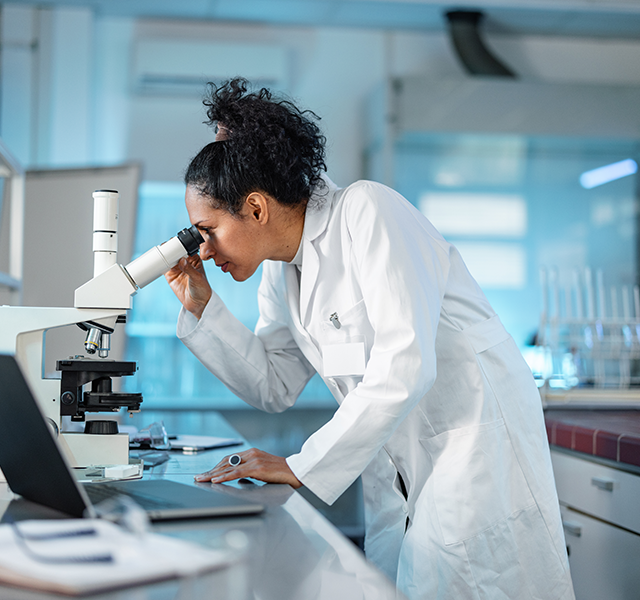
Advances in medicine would not be possible if people didn't enroll in clinical trials. Here's how they work and how to get matched with one.
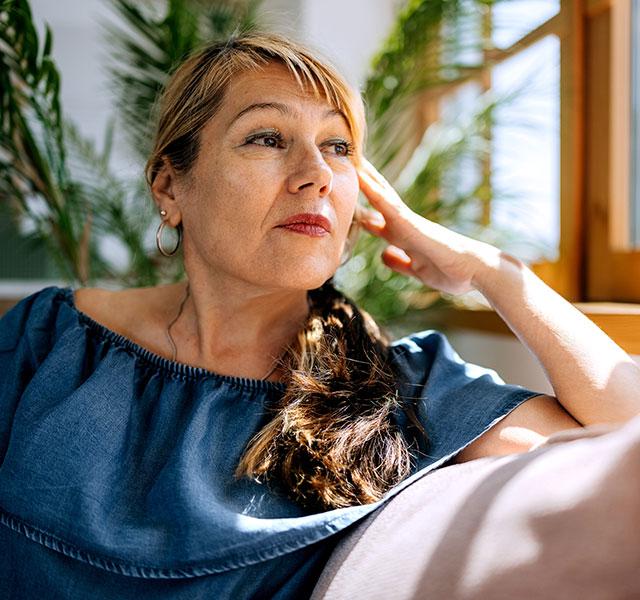
Estrogen changes during menopause can impact your cholesterol levels. During this time, make sure you are working with your provider to manage your health.
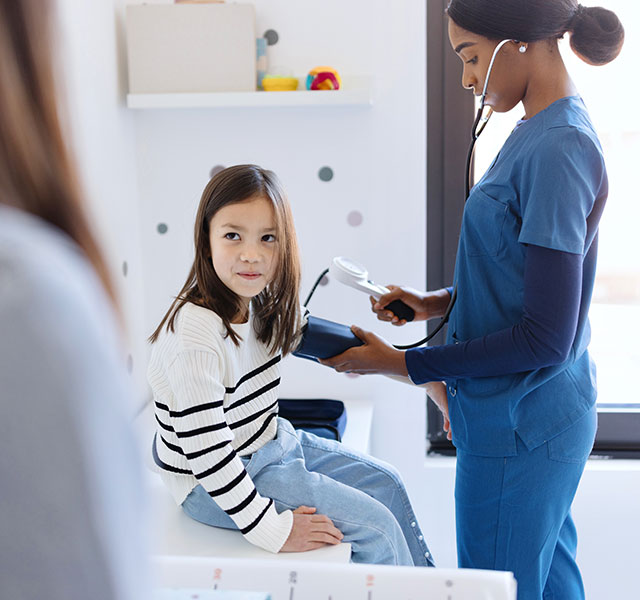
High blood pressure in kids is a growing problem. Read what causes pediatric hypertension, how its diagnosed and how—and why—to treat it.
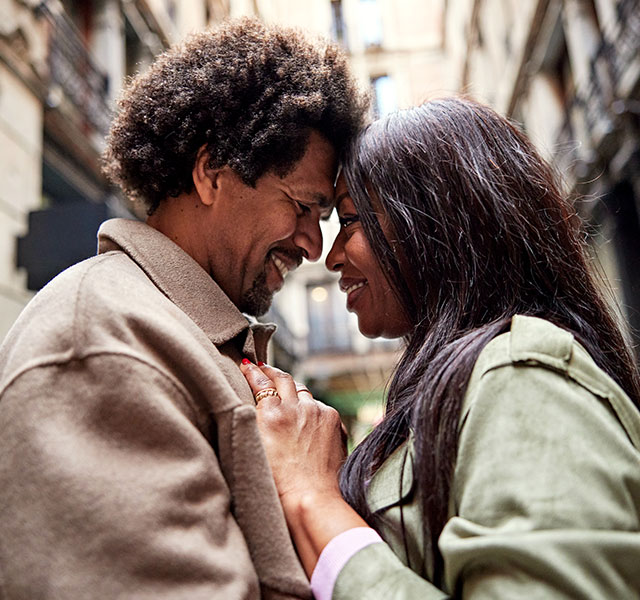
Need a good reason to fall in love? Being in love has a positive impact on your heart - relaxing blood vessels and improving blood pressure.
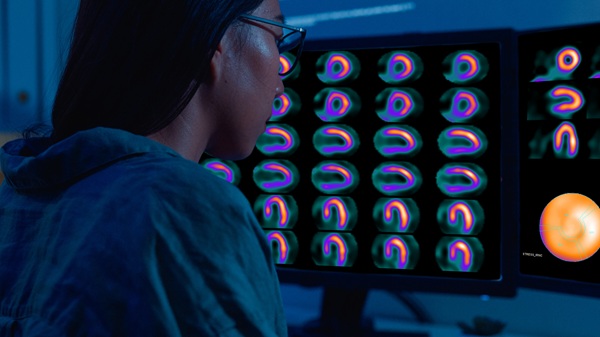

DETROIT — Newly published research conducted in Wayne County, Mich. found that non-smokers, particularly women, who lived near textile and...
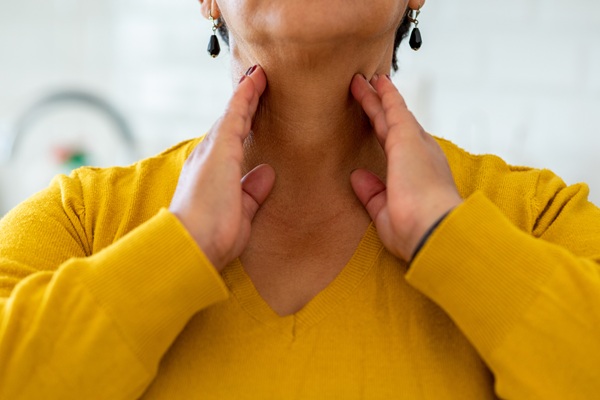
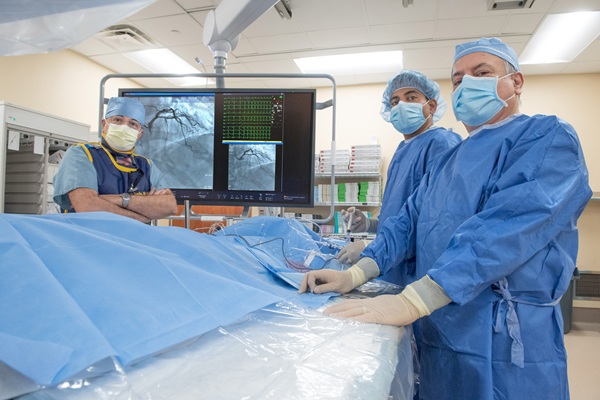
Henry Ford Health is outpacing a national trend toward radial access on percutaneous coronary interventions. More than 75% of the health system’s PCIs are performed threading a catheter through the wrist instead of the groin, compared to a national average of 57.5% in 2022, according to research.
March is Colon Cancer Awareness Month, and Henry Ford Health is inviting the community to step inside a larger‑than‑life, unforgettable learning...
This twice monthly group, facilitated by a professional counselor/social worker, offers patients an opportunity to express their feelings and...
Henry Ford Cancer is excited to partner with Detroit health organization The Village Personal Training and Wellness to bring you Sound Bath and...
The arts have powerful healing properties because art connects your mind and your body. Henry Ford Cancer has teamed up with Detroit's College for...
We use cookies to improve your website experience. By using this site, you agree to our Terms of Use. Read our Internet Privacy Statement to learn what information we collect and how we use it.